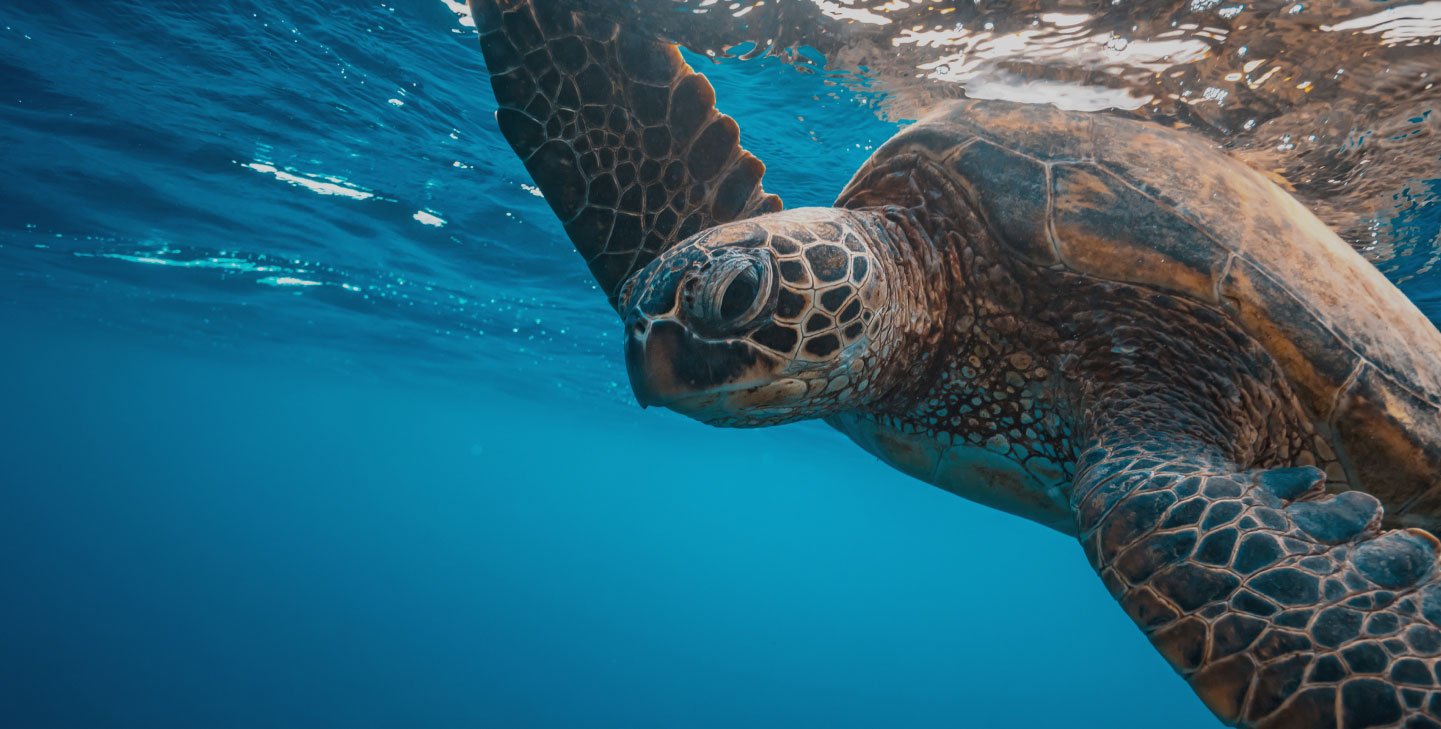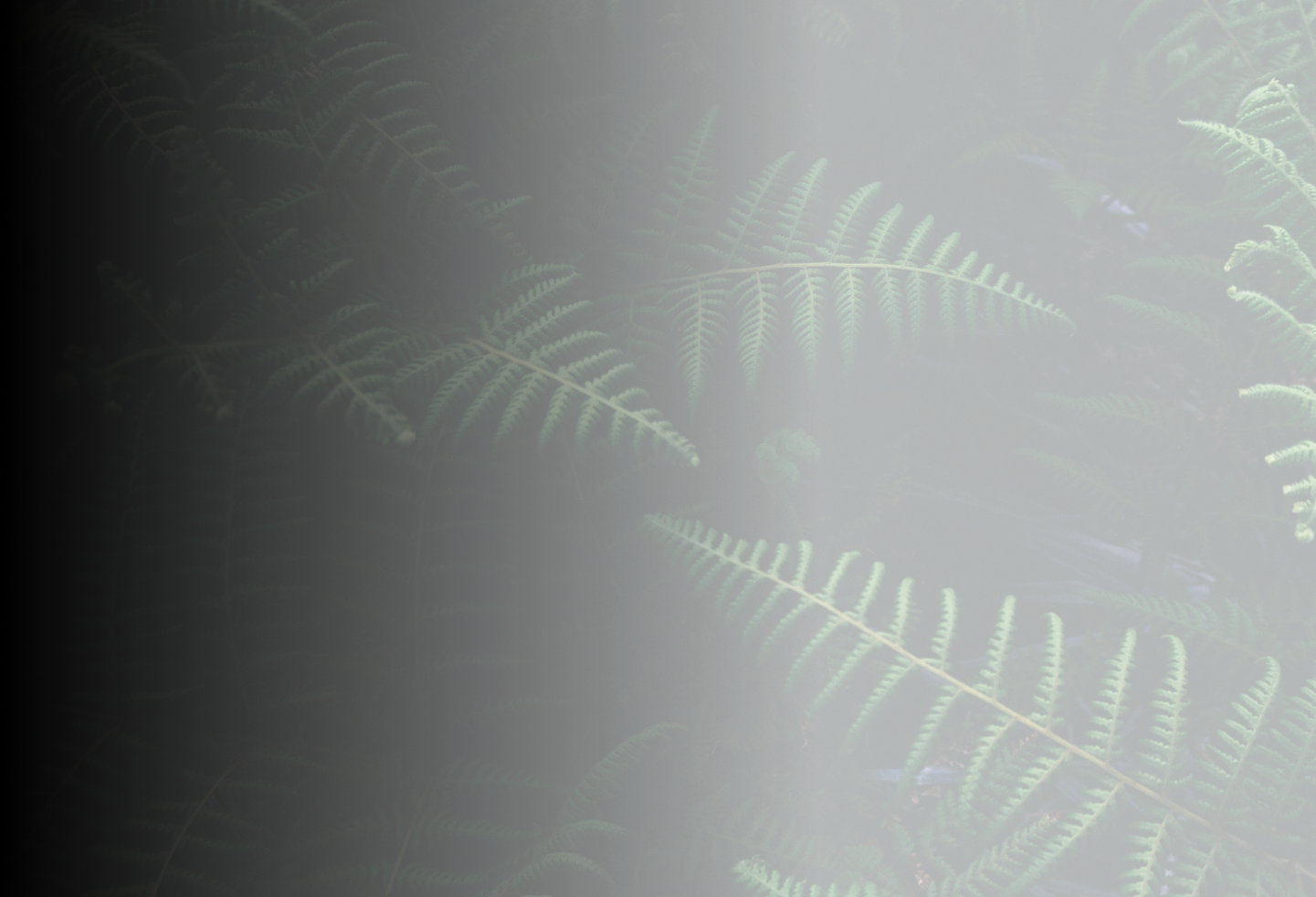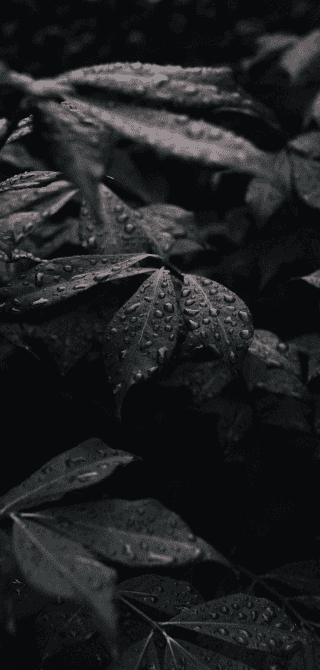Course information
Book before the end of April 2025 and receive up to a CAD170 scholarship
From the microscopic plankton to the mighty blue whale, ocean ecosystems are teaming with a plethora of marine creatures. Get involved in the field of marine conservation to help protect and preserve these flora, fauna and the natural environments they call home.
After completing our Marine Conservation course you will have the knowledge and tools needed to understand the intricate balance between sea life and the environment, and how these contribute to a functioning marine ecosystem. Learn about marine protected areas (MPAs), the different marine biomes and how data is collected and used by professionals in the field of conservation.
If you have always loved diving beneath the waves, snorkelling or exploring the sea life found along the beach then this course is for you. You’ll gain the introductory skills needed to pursue an impactful career in marine conservation or expand your knowledge and contribute towards conservation-related initiatives. This course is open to anyone with a passion for ocean conservation, from high school and college students to working professionals and retired seniors.
After completing this course you’ll be able to:
Want to show colleges, universities and employers that you’ve got the knowledge and skills covered in this course? Once you’ve successfully completed any of our courses, we’ll send you a digital certificate of completion at no additional cost. The certificate will feature the official name of the course and your name. Add the certificate to your college application, your graduate school application, your job application or your LinkedIn page.
The course will start with you developing the foundational skills and understanding the terms used in the field of marine conservation. This includes being introduced to the history of marine conservation as a specialisation.
You’ll then go on to learn about some of the many challenges facing marine life such as the pollution in coastal waters, the overdevelopment of coastlines, climate change and overfishing. Investigate how these factors have contributed to a decline in coral reefs, fish life and marine mammals, and what can be done to negate them and protect the world’s largest ecosystem.
Then, you’ll explore real-world scenarios in which sustainable marine conservation projects have had a positive effect. Look at how this was achieved, and examples such as seeing an increase in the numbers of vulnerable marine species, forming live coral nurseries or managing key marine protected areas.
Next you’ll discover what biodiversity contributes to ecosystems and how biodiversity is economically, socially and scientifically important. This will allow you to join in-depth discussions around how contributing to conservation data can help to develop governmental policies and support conservation practices.
Finally, you’ll have the opportunity to look at conservation best practice and how engaging local coastal communities and having community buy-in can ensure the success of conservation programs.









